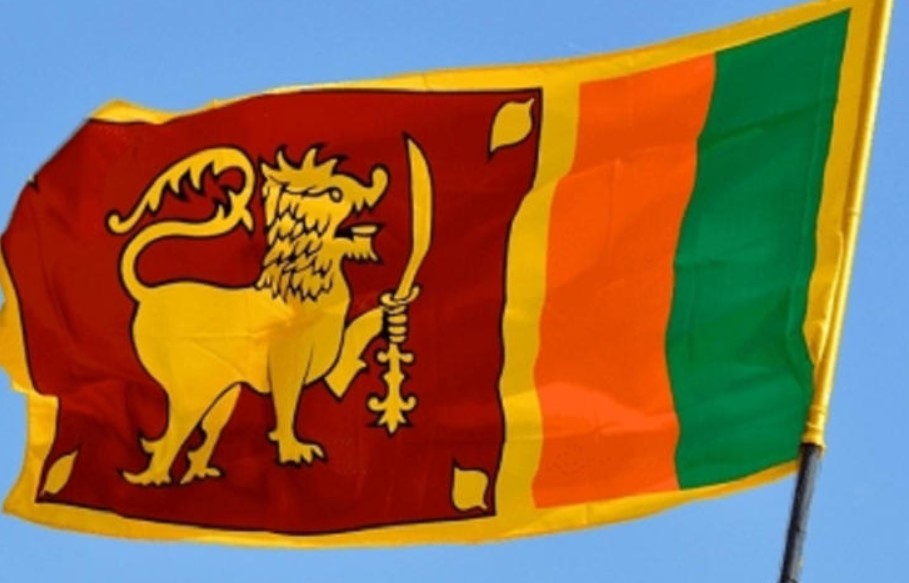World Bank denies new Sri Lanka funding as record inflation bites nation

The World Bank on Friday said it will not release any fresh funding to Sri Lanka unless the nation does not undertake “deep structural reforms,” as the Pearl of the Indian Ocean withstands economic free-fall and political upheavals.
“Until an adequate macroeconomic policy framework is in place, the World Bank does not plan to offer new financing to Sri Lanka,” the global lender said in a statement.
“This requires deep structural reforms that focus on economic stabilisation, and also on addressing the root structural causes that created this crisis to ensure that Sri Lanka’s future recovery and development is resilient and inclusive.”
The World Bank’s statement came after the global lender had already diverted $160 million in fresh funds to meet the nation’s dire conditions. The World Bank is also supporting other basic services such as school meals, waivers in fees, and the delivery of medicine.
Record Inflation
Meanwhile, Sri Lanka’s headline inflation reached a record high due to continued food and fuel shortages and low foreign exchange reserves, Bloomberg reported.
Consumer prices in the nation’s capital, Colombo, jumped 60.8% from a year ago, according to official statistics released on Friday. This contrasts with the 62% increase from the median projection of three analysts in a survey conducted by Bloomberg.
Meanwhile, Sri Lanka’s new President, Ranil Wickremesinghe, who took office in July, is claiming to have “provided relief to the citizens of the country who are struggling with the economic crisis.”
In a series of tweets, the new Lankan President said “negotiations with the International Monetary Fund (IMF) are nearing conclusion, and discussions with donor countries are also progressing.”
“I have been honest about the difficulties we will have to face in July to secure and supply fuel. However, we have managed to secure diesel stocks, which are being distributed, while petrol stocks will also be distributed from the 21st of July.”
$51 billion Loan Default
Sri Lanka defaulted on $51 billion of foreign debt in April, causing an unprecedented economic downturn. The nation’s foreign exchange went down to the point that it isn’t able to finance the most basic imports, pushing millions into food, fuel, and a shortage of basic necessities, including fuel and electricity.
Following the dire consequences that its 21 million people faced, massive protests inside the presidential palace in Sri Lanka made headlines earlier this month. The protests led the then president, Gotabaya Rajapaksa, to flee the country.
This Monday, the parliament voted to maintain for one month the measures put in place by President Ranil Wickremesinghe, which effectively give the army and police broad authority to crush street protests.







